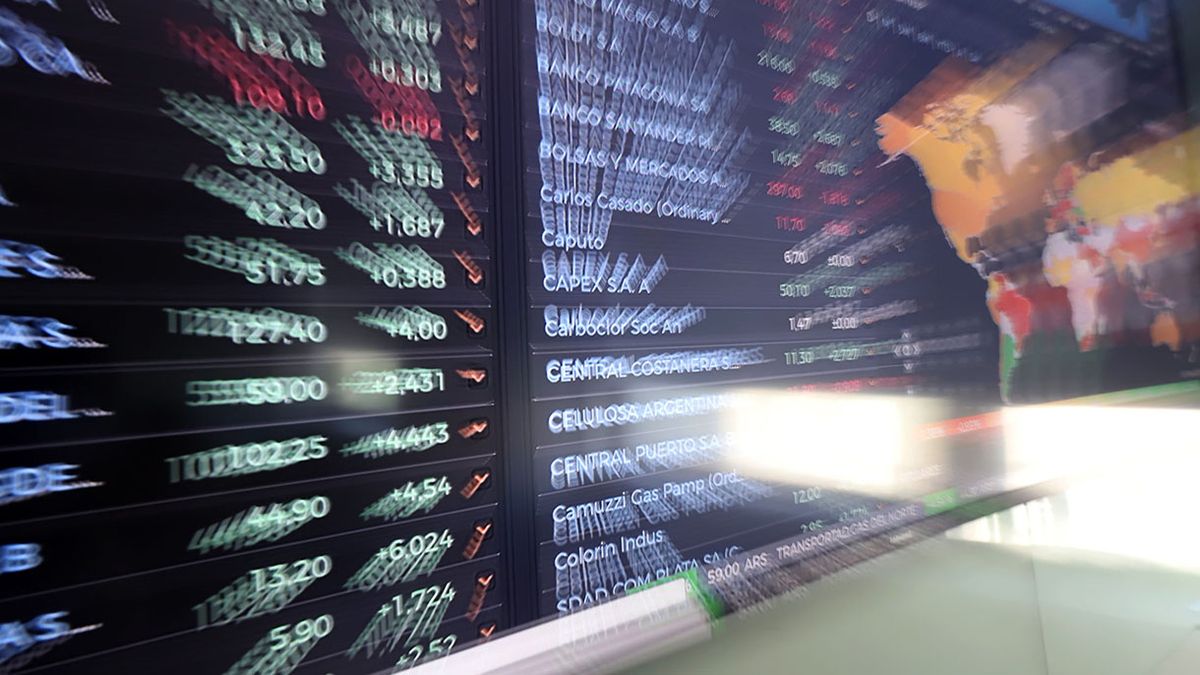International analysts specializing in emerging and frontier markets are seeking to locate investment opportunities following the massive rally. Argentina on pause.
Emerging market dollar bonds extended their rally, which began at the end of last October as the global rally in risk assets continued, despite the reassessment of expectations towards smaller interest rate cuts in the United States. So, The average spreads of emerging dollar bonds have decreased by more than 100 basis points since the end of Octoberwhile the spreads of the highest yielding sovereign bonds experienced a huge drop of almost 1,200 basis points on average.
The content you want to access is exclusive to subscribers.
Precisely, among the highest risk sovereign bonds that were undervalued in relation to similar others, those that stood out the most were Pakistan (76%), Argentina (64%), Egypt (52%), Ecuador (45%) and Ukraine (28%). In the case of Ecuador, Ukraine, Zambia and Sri Lanka underperformed in the October-December 2023 rebound, but recovered in January-April of this year, reflecting favorable election results and the request for a Fund program International Monetary Fund (IMF) in the Ecuadorian case; the resumption of EU financing and the approval of the third review of the IMF program in the Ukrainian case; and progress in debt restructuring in Sri Lanka and Zambia.


While Pakistan, Argentina and Egypt continued to benefit from the progress of their adjustment programs and policies with the IMF: fiscal adjustment, accumulation of reserves in Pakistan and Argentina; floating exchange rate, monetary adjustment and receipt of significant additional bilateral and multilateral financing pledges in Egypt.
Of course, the rebound was accompanied by a sustained improvement in macroeconomic fundamentals across the spectrum of emerging markets as of the main frontier markets, since the third quarter of 2022, sovereign risk profiles improved in 28 of the 46 frontier markets that are monitored and deteriorated in only 13, as emerged from the monitoring of Oxford Economics (OE).
The rally marked the beginning of a wave of new bond issues, which has spread to the border. Since early 2024, Côte d’Ivoire, Benin, Nigeria and Kenya have issued or are about to issue sovereign bonds, ending a two-year pause in issuance in frontier markets. It is also believed that Jordan and Cameroon may be next.
But spreads are now trading tight relative to historical averages causing OE to underweight emerging markets overall. However, within this asset class they continue to overweight Angola, the Dominican Republic, Ecuador, Kenya and Nigeria, betting that there is still room for spread compression. While they underweight Egypt and Pakistan.
What does Oxford Economics say about the Argentine case?
Thus, High-yield sovereign credit no longer looks universally cheap after the prolonged rally that began in late October. For some, however, the rebound may start a virtuous cycle, as previously distressed sovereigns could refinance their debts maturing this year and next. But what does OE say about the Argentine case specifically?
They weigh the magnitude of the fiscal adjustment, which explains the rise in bond prices to levels of $40 in the case of Global 2035. It quickly accumulated reserves although the situation is still precarious. Fiscal adjustment based on cutting social spending is not sustainable. They believe that in the short term they will maintain the support of the people and that they will pressure the IMF for more financial aid. They fear that fiscal and reform momentum will falter as midterm elections approach.
Despite everything, they still give a 75% probability that there will be a default between 2025/27, and in that case they foresee a tough restructuring. Justifying the current price of $43 requires either an unrealistically high recovery or a low default risk. In the medium term they anticipate an underweighting, but they do not see triggers for a correction on the horizon. Prices around $40 are sustainable as long as Milei remains relatively popular and the midterm elections are distant. A strengthened IMF program could temporarily raise prices by around 10%.
Source: Ambito
I am a 24-year-old writer and journalist who has been working in the news industry for the past two years. I write primarily about market news, so if you’re looking for insights into what’s going on in the stock market or economic indicators, you’ve come to the right place. I also dabble in writing articles on lifestyle trends and pop culture news.




